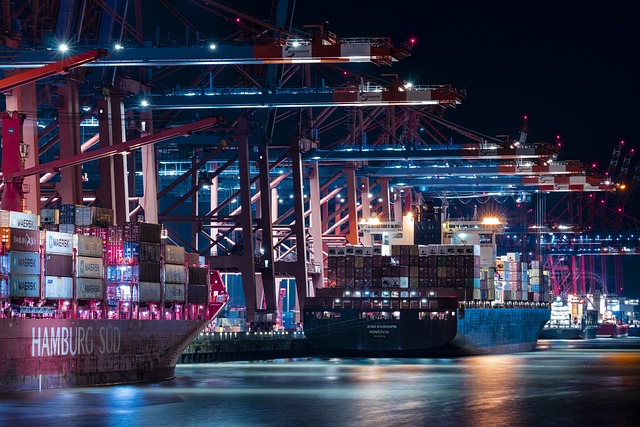- The World Trade Organization made a case for “re-globalization” in its World Trade Report 2023
- Increased international cooperation and broader integration can support security, inclusiveness, and environmental sustainability, the WTO said
- Trade should be embraced, not rejected, according to WTO chief economist Ralph Ossa
- The report shows trade openness is strongly linked with a reduced likelihood of conflict and has led to sharp declines in poverty for over four decades
The benefits of a broader and more inclusive economic integration were underscored in the 2023 edition of the World Trade Organization’s World Trade Report 2023, amid early indications of trade fragmentation that threaten to unwind growth and development.
The flagship publication, launched on 12 September, features findings on how re-globalization — or increased international cooperation and broader integration — can support security, inclusiveness, and environmental sustainability, the WTO said in a statement.
“The post-1945 international economic order was built on the idea that interdependence among nations through increased trade and economic ties would foster peace and shared prosperity. For most of the past 75 years, this idea guided policymakers, and helped lay the foundation for an unprecedented era of growth, higher living standards and poverty reduction,” WTO Director-General Ngozi Okonjo-Iweala said in her foreword to the report. “Today this vision is under threat, as is the future of an open and predictable global economy.”
“The WTO is not perfect — far from it. But the case for strengthening the trading system is far stronger than the case for walking away from it,” DG Okonjo-Iweala said.
WTO chief economist Ralph Ossa, in introducing the report at the opening of the WTO’s annual Public Forum, said: “The main conclusion is that we need to embrace trade instead of rejecting it if we want to overcome the most pressing challenges of our time.”
He noted, “In particular, the report makes the case for extending trade integration to more economies, people, and issues, which is a process that we call “re-globalization,”” adding that trade integration “is a powerful tool to improve living standards, which helped lift hundreds of millions of people out of poverty.”
Geopolitical tensions are starting to affect trade flows, including in ways that point towards fragmentation of trading relationships, the report confirmed.
Goods trade flows between two hypothetical geopolitical blocs — based on voting patterns at the UN General Assembly — have increased 4-6% more slowly than trade within these blocs, WTO Secretariat calculations revealed.
Still, international trade continues to thrive, implying that talk of de-globalization is on balance still not supported by the data, WTO said.
The publication points to the expansion of digital services trade, environmental goods trade, and global value chains in addition to the resilience of trade to recent global crises.
The report goes on to examine the relationship between economic integration and three major challenges facing today’s global economic order: security and resilience, poverty and inclusiveness, and environmental sustainability — areas in which arguments have gained ground that globalization has not delivered as expected or exposes countries to excessive risks.
The report makes the case that “re-globalization,” which is the renewed drive towards integrating more people, economies and pressing issues into world trade, is a more promising solution to these issues than fragmentation.
The report shows that trade openness is strongly linked with a reduced likelihood of conflict and has led to sharp declines in poverty for over four decades. Also, technology improvements enabled by trade have had a strong impact in reducing carbon emissions.
Finally, the report emphasized the need for more trade and more cooperation to effectively address the major issues that policymakers are facing the world over — from security to inclusiveness to climate change.
RELATED READ: WTO sees ‘subpar’ 1.7% trade growth in 2023









